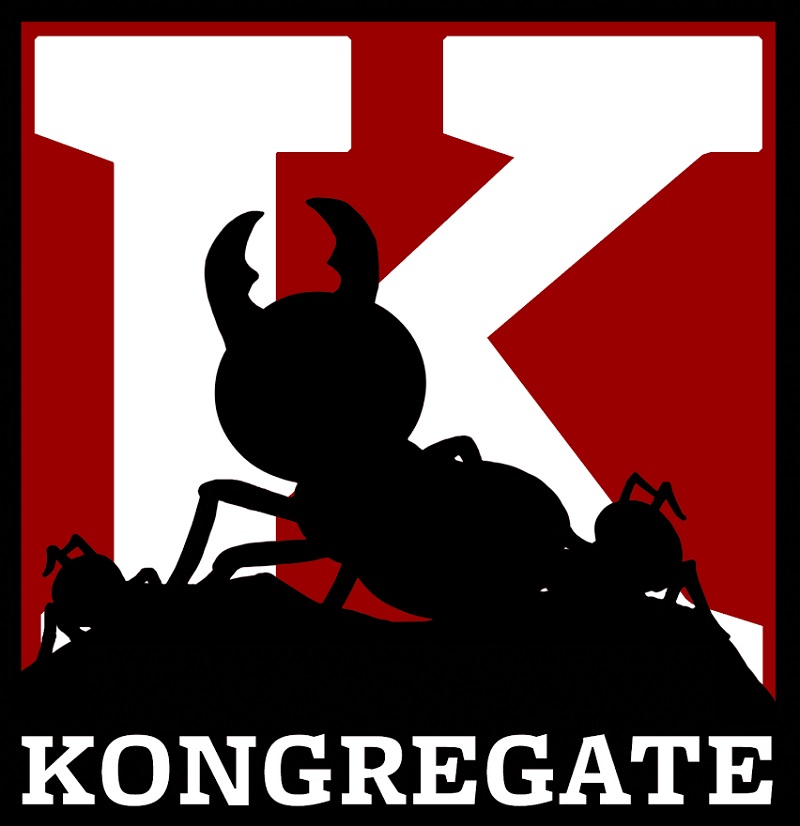GamesBeat: In your outlook, what’s predictable right now for mobile gaming or the larger game industry?
Greer: I do think there’s going to be a switch to smaller publishing by smaller studios. Everything you need to compete with the big guys — it’s just not possible even for a venture-backed small company. You need someone who has consistent expertise and the knowledge built across several projects. That’s going to be us and maybe a few other big players, but I think that’s going to be an important part of the industry.
We’ll see a few companies continue to dominate, but that only lasts as long as they continue to maintain their existing titles well and do a good job of building new titles. If the next title isn’t as good, if the quality declines, that’s going to create opportunities.
On the smaller studio side, the indie side, there needs to be and will be a push toward innovation. If you’re blocked on acquisition, you need to start figuring out where the next is. You see that a bit when you compare the big titles on console to the indie scene. That’s how it will happen on mobile as well. As you pointed out, ad-supported games, totally free games, are going to become a stronger and more important revenue stream. We’ll see a bit more diversity and more interest in different games there.
One of the interesting things about mobile is that it breaks down some of the segregation of game consumption that’s happened in the past. Everyone has a mobile phone. We all get our games from the two main app stores. The top three and top-grossing charts are all the same. People who might not self-identify as gamers are discovering different content and enjoying it. We’re creating a more truly mass audience for all sorts of game titles, all sorts of experiences, even things like guilds and clan wars that used to be only followed by a certain type of audience. Now I have a lot of friends, women, who’ve gotten into Clash of Clans and are enjoying that kind of experience when they wouldn’t have discovered it otherwise.
GamesBeat: Do you see interesting developments for women in the game industry here at GDC?
Greer: I haven’t heard about everything going on at the show, but one thing I’ve noticed is that Gamergate and various other things have really raised awareness among many men about what the normal experience for a lot of women has been like. They may not have appreciated or understood that before. I’ve had a lot of people reach out to me and talk about gender diversity and other sorts of diversity and what they can do.
There’s been a silver lining to some really horrible experiences. It’s brought a lot of awareness to long-standing issues. We can only fix what we’re aware of.
GamesBeat: I’m seeing a bit more banding together here, as opposed to just ignoring it, which has been the historical reaction.
Greer: At Kongregate, we’ve historically had a higher percentage of women than other game companies, in part because we’ve done more hiring from outside the industry. Having a woman founder also helps. We had a streak where we had something like 10 male hires in a row, and I commented on that, so it brought a little awareness in. This year almost 75 percent of our hires have been women. We’re up to 35-36 percent women. It’s not an even split, but it’s an important part. There’s no part of Kongregate that doesn’t have at least one woman. It’s something where just consciousness and outreach can make a big difference.
GamesBeat: Intel made their announcement about trying to double the number of women in the game industry.
Greer: That’s great. I really appreciate what they’re doing there. It’s about more than just gender, too, but also other types of diversity. So many companies are publishing their numbers publicly now. That kind of transparency is a great foundation for awareness. Among other things, it starts helping smaller companies like us say, “What’s a starting point? What can we compare ourselves to? What are we working toward?”
We’ve seen several studies come out showing that companies with gender diversity in leadership and on boards perform better. I’m a data person. I really appreciate anything we can put data behind. It’s the healthiest way to have a discussion.
I’ve always felt comfortable in the game industry, always felt a lot of respect from those around me. It’s an industry and a group of people with good hearts and good intentions. I’m glad to see so much grappling with things head-on.
VentureBeat's mission is to be a digital town square for technical decision-makers to gain knowledge about transformative enterprise technology and transact. Learn More



